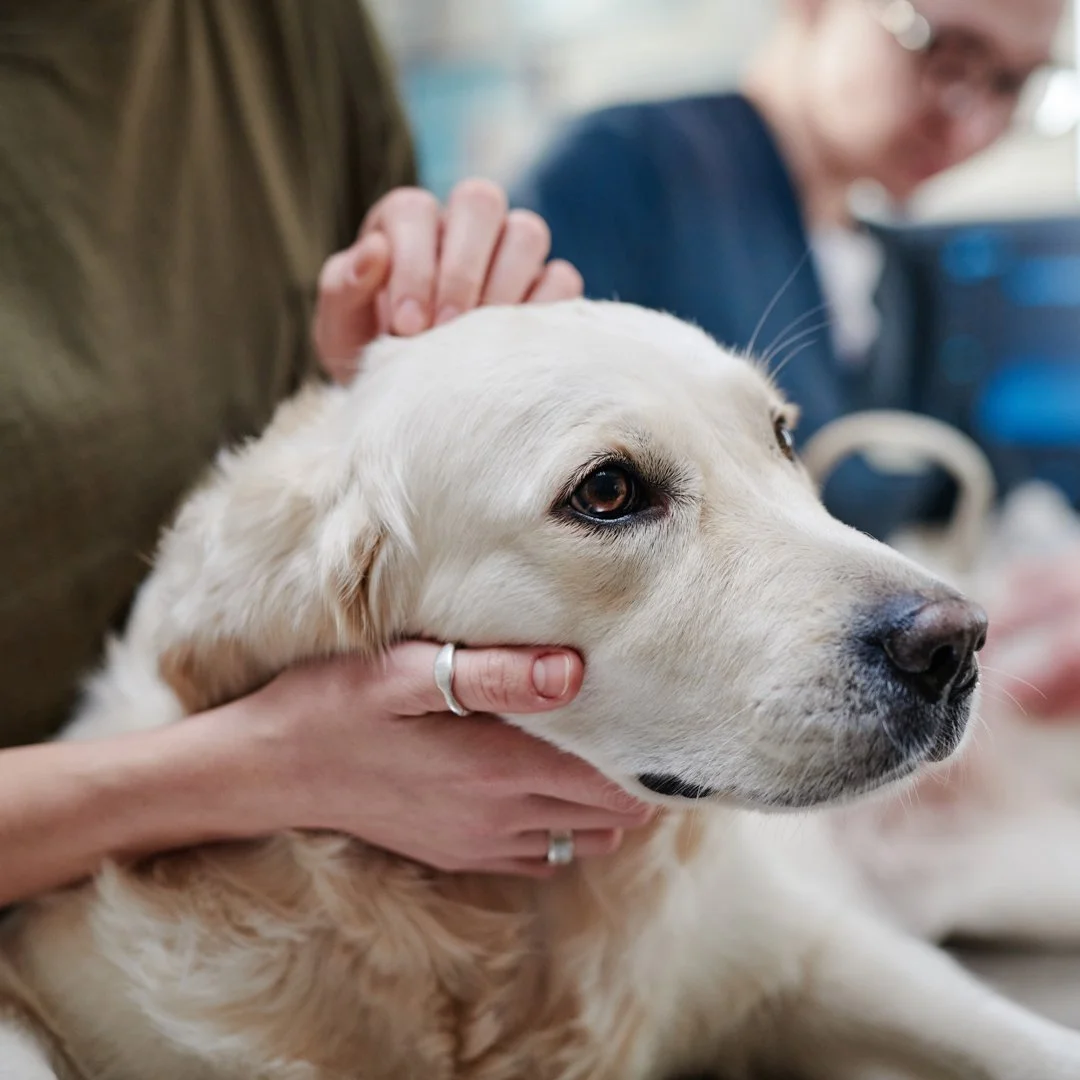What is Kennel Cough?
Kennel Cough (Canine Infectious Tracheobronchitis) can sound scary at first and even though it is considered highly contagious in areas with a lot of dogs, it is very common and treatable! Today, we are going to look at the causes, symptoms, and treatments of Kennel Cough.
What is Kennel Cough?
Kennel Cough is a highly contagious respiratory disease among canines. It is very similar to that of a common cold in humans. Most of the time, dogs will catch kennel cough from highly populated areas of other dogs such as a dog park or in a boarding & grooming facility. This disease is spread like other viruses through airborne droplets, contaminated surfaces like water bowls, and direct contact with other dogs. Even though it is highly contagious, it is often very easy to treat but can be more difficult in younger puppies less than six months of age as well as immunocompromised dogs.
Symptoms of Kennel Cough
If you think that your dog may have Kennel Cough, be on the lookout for symptoms such as:
- Hacking Cough or Retching
- Runny Nose
- Sneezing
- Decreased Appetite
- Lethargy
- Fever
It is important to note that a lot of the symptoms of Kennel Cough also mimic that of Canine Influenza. Provide your local veterinarian with information such as when the cough started and other symptoms when getting your pup checked out.
Prevention & Treatment
One of the most common methods of treatment for Kennel Cough is to prevent it from being able to occur. The Bordetella Bacterium Vaccine prevents some of the agents that can cause Kennel Cough so start by making sure your pup receives their vaccination.
Limiting the amount of time that your dog is exposed to larger amounts of other dogs is a great way to make sure they do not bring home any other diseases. So reduce the amount of time they go to the dog park or to a boarding facility.
In most cases, the best treatment for Kennel Cough is rest. However, if your dog’s kennel cough has progressed to a more severe form, they may benefit from medications and fluids. Antibiotics are not usually necessary or recommended unless there are signs of bacterial pneumonia.
As always, it is best to talk with your local veterinarian and follow their treatment plan.




















